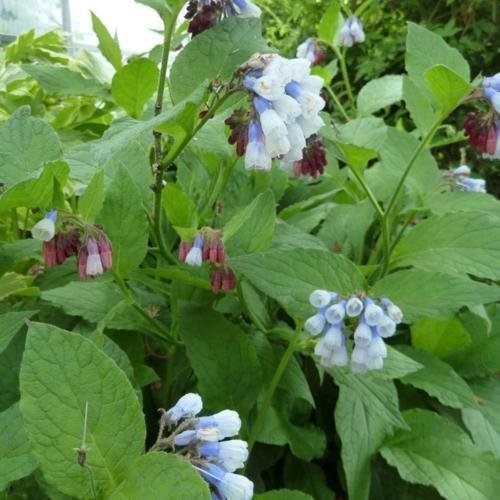 Image 1 of 2
Image 1 of 2

 Image 2 of 2
Image 2 of 2



Chokecherry (1-2' seedling)
Latin Name: Prunus virginiana. Family: Rosaceae (Rose)
USDA hardiness zone: 3
Growth habit: Shrub
Mature size: 8-10 ft.
Native range: Eastern North America
Preferred habitat: Sandy sites, disturbed soil, forest edges, urban sites, full sun
Pollinators: Bees
Edible parts: Fruit, DRIED seeds
Uses and functions:
Native shrub with beautiful, understated spring flowers prized by pollinators. Its small fruit hang in linear bunches (spikes), and are red in late summer. They vary in flavor, from sweet, to sour and astringent. Tolerant of sandy, dry, salty and poor soils so common in urban settings. Two or more are needed for pollination, and should be planted 6-10' apart.
Latin Name: Prunus virginiana. Family: Rosaceae (Rose)
USDA hardiness zone: 3
Growth habit: Shrub
Mature size: 8-10 ft.
Native range: Eastern North America
Preferred habitat: Sandy sites, disturbed soil, forest edges, urban sites, full sun
Pollinators: Bees
Edible parts: Fruit, DRIED seeds
Uses and functions:
Native shrub with beautiful, understated spring flowers prized by pollinators. Its small fruit hang in linear bunches (spikes), and are red in late summer. They vary in flavor, from sweet, to sour and astringent. Tolerant of sandy, dry, salty and poor soils so common in urban settings. Two or more are needed for pollination, and should be planted 6-10' apart.









